Biomechanics & Rehabilitation Bioengineering
- Biomechanics
- Rehabilitation Bioengineering
Biomechanics is the study of the structure, function and motion of the mechanical aspects of biological systems. When applied to the human body, biomechanics describes how muscles, bones, tendons, and ligaments work together to produce movement under neuromuscular control. Researchers in the Marquette University and Medical College of Wisconsin Joint Department of Biomedical Engineering have expertise in Biomechanics, including impact and crash biomechanics, biomechanics of joint and spine motion, pediatric orthopaedic biomechanics, biomechanics of prosthetic and orthotic devices, and biomechanics of brain and spinal cord injury.
Rehabilitation Bioengineering uses principles from biomechanics to develop healthcare solutions and assistive medical devices to treat individuals with disabilities and to assist in the healing of physical and cognitive functions lost due to disease or injury. Rehabilitation engineers design and build medical assistive devices to meet a wide range of needs for patients facing mobility, communication, hearing, vision, and cognition challenges. These devices help patients return to normal activities of daily living, employment, and education. Rehabilitation engineers also improve upon standard rehabilitation methods to regain functions lost due to congenital disorders, disease or injury to restore mobility.
Biomechanics & Rehabilitation Bioengineering Laboratories
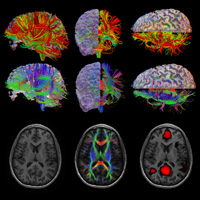 Integrative Neural Engineering Rehabilitation Laboratory
Integrative Neural Engineering Rehabilitation Laboratory
Led by Dr. Brian Schmit, investigators at the Integrative Neural Engineering Rehabilitation Laboratory (INERL) have access to six separate facilities designed to facilitate research at the cross-section of biomechanics, neural and rehabilitation engineering.
Learn more about INERL | Learn more about Dr. Schmit
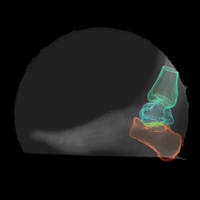 Motion Analysis Center at Shriners
Motion Analysis Center at Shriners
The Motion Analysis Center at Shriners uses advanced gait and motion analysis technology to assist in the diagnosis of pediatric orthopaedic disabilities affecting gait and upper extremity movement, offering individualized treatment options for children.
Learn more about MAC at Shriners | Learn more about Dr. Kruger
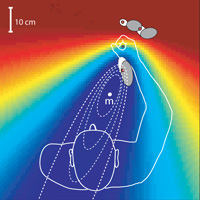 Neuromotor Control Laboratory
Neuromotor Control Laboratory
The Neuromotor Control Laboratory supports the development of technologies, training strategies and therapeutic interventions for motor learning in healthy individuals and rehabilitation in patients with neuromotor injury or neurodevelopmental disorders.
Learn more about the NMCL | Learn more about Dr. Scheidt
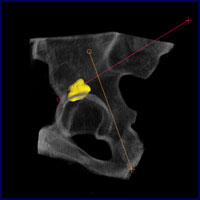 Orthopaedic Rehabilitation Engineering Center
Orthopaedic Rehabilitation Engineering Center
The Orthopaedic Rehabilitation Engineering Center is comprised of four labs, three of which focus on orthopaedic rehabilitation engineering, including the Motion Analysis Laboratories, the Orthopaedic Biomechanics Laboratory, and the Center for Motion Analysis.
Learn more about OREC | Learn more about Dr. Harris
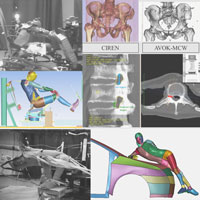 Trauma Biomechanics Laboratory
Trauma Biomechanics Laboratory
The Trauma Biomechanics Lab leverages insight from real-world crash database review, sled testing, computational modeling, and statistical probability analysis to investigate the underlying mechanisms for musculoskeletal injuries and develop injury risk curves.
Learn more about the TBM Lab | Learn more about Dr. Somasundaram
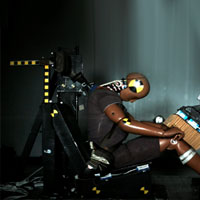 Zablocki VA Medical Center Laboratories
Zablocki VA Medical Center Laboratories
The Zablocki VA Medical Center Laboratories specialize in impact and crash biomechanics of the brain and spine. ZVAMC Labs are home to multiple BME Investigators. In addition, the labs house the Wisconsin CIREN Center, which is directed by Dr. Frank Pintar.
Learn more about ZVAMC Labs | Learn more about CIREN
Looking for something else?
Filter Research Themes by Research Track, or view our list of active Laboratories.
View Research Tracks View Centers & Laboratories

